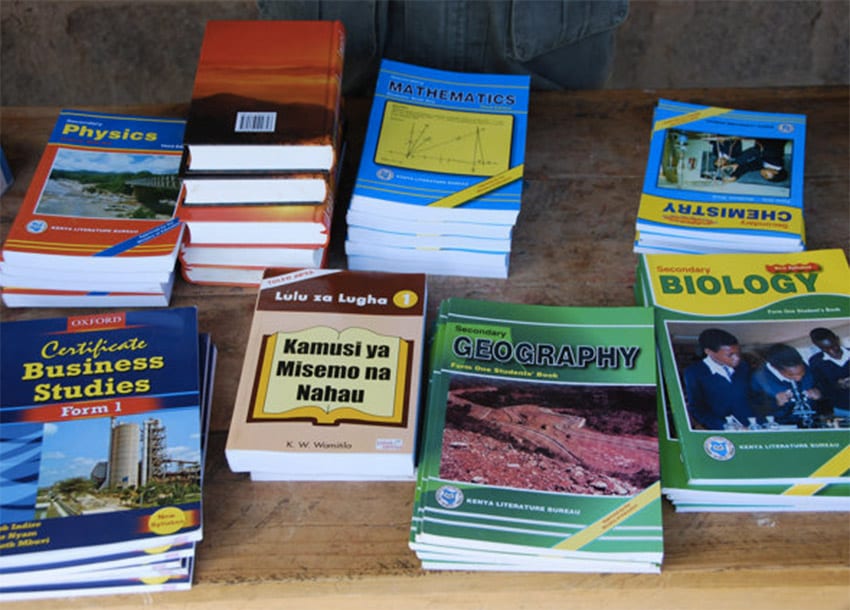Second term in most secondary schools spells doom as most schools get hit hard by the wild wave of student unrest. Sometimes, students turn wild, and go on rampage. Some mutate to arsonists, and raze school property. The spate of strikes leave administrators shell-shocked – scratching their heads in search of practical solutions.
Firstly, a disaster is a calamity, a catastrophe or a fiasco. It is an occurrence that disrupts the society. There are various disasters that can possibly hit an institution. There is no school totally immune to disaster. I am not an evil eye, but as a writer, I am just blowing the whistle, for they say, forewarned, is forearmed.
Somehow, Covid-19 is a classic case of a disaster. When it unleashed its cruel claws in March 2020, it paralysed learning at all levels. Other forms of cataclysmic events that affect schools include: accidents, explosions in laboratories, invasion by wild animals or armed people, floods, drought, hysteria, closure due to violence, breakdown of essential services like water, transport and electricity. Then, there is students’ unrest and strikes.
In actual sense, it is not easy to ward off some disasters, especially the ones beyond human control. Albeit, it is incumbent upon Principals to come up with practical ways to mitigate and manage disasters through three possible ways: One, disaster preparedness, which focuses on activities designed to reduce damage or dim death in the dreadful face of disaster. Two, disaster relief, which entails what ought to be done in moments of disaster. Three, disaster recovery, which focuses on help accorded to victims of disaster to help them cope with trauma.
Ideally, for the sake of mitigating the devastating impacts of fire outbreak, Principals should keep students posted on escape routes in case of such spates. Dormitories should be built in strict adherence to security and safety standards spelt out by experts. There should be regular drills – preferably every term – on evacuation procedures for fires and accidents. Schools should conduct sporadic toxicological tests to ascertain students who are drug addicts. Schools should install CCTV cameras to stem up surveillance. Vigilance of teachers in charge of boarding is crucial.
In addition, schools should maintain well-equipped emergency aid kits, fully-furnished with whistles, fire extinguishers and basic equipment for first aid. Schools should have enough security guards with basic training on disaster management and mitigation. They should have phone numbers of people they can call swiftly in the ugly face of catastrophe.
Consequently, I have always thought we should have an ingenious training programme for scouts to help them deal with disasters whenever they occur. Their roles should go beyond raising and lowering flags. They should be trained on manual agility, psycho-motor skills and body-kinesthetic intelligence, pointed out in the 7 Kinds of Smart by Thomas Armstrong and Frames of Mind: the theory of Multiple Intelligences by Professor Howard Gardner.
Again, we should have an in-depth training of student leaders. There should be guided democracy, which can only be achieved through beautiful blend of selection and election. Members of the student council should be boys and girls who can enforce school rules and regulations. They should not be students who are susceptible to peer pressure and populism. They should be assertive students who can stand for what is good and right. For Saint Augustine of Hippo, “Wrong is wrong even if everyone is doing it, and right is right even if no one is doing it.”
Penultimately, Principals can prevent the widespread spirit of rebellion when they strike a beautiful balance in their leadership style or approach. In the Leader Who Had No Title, Robin Sharma posits: Leaders should be tough but tender, courageous but compassionate, firm but fair, strong but sincere. Combination of approaches can wipe out reproach. The leadership style depends on the situation at hand. Principals should plant suggestion boxes at strategic places in the school compound. They should stage barazas and encourage class conferences – where students can air their grievances without fear of victimisation. Principals should have an open-door-policy – where staff and students can visit their offices without stress or duress and feed them with feedback. There should be guided Self-Directed Activities (SDA) and edutainment (entertainment plus education) to help students steam off.
Finally, schools should put a lot of premium on counselling and spiritual programmes. There should be more impactful talks and mentorship. There is the vital need of constituting able and formidable departments of Guidance and Counselling. Teacher-counsellors should be trained on Basic Helping Skills and Best Counselling Practices. Principals should work closely with the church and sponsors. There is the urgent need of the presence of proactive and competent chaplains in schools who can mobilise all and sundry to wage and win wars through strength of faith and absolute power of prayer.
© Victor Ochieng’
The writer rolls out talks and training services in schools.
vochieng.90@gmail.com. 0704420232
Get more stories from our website: Education News
You can also follow our social media pages on Twitter: Education News KE and Facebook: Education News Newspaper for timely updates.






